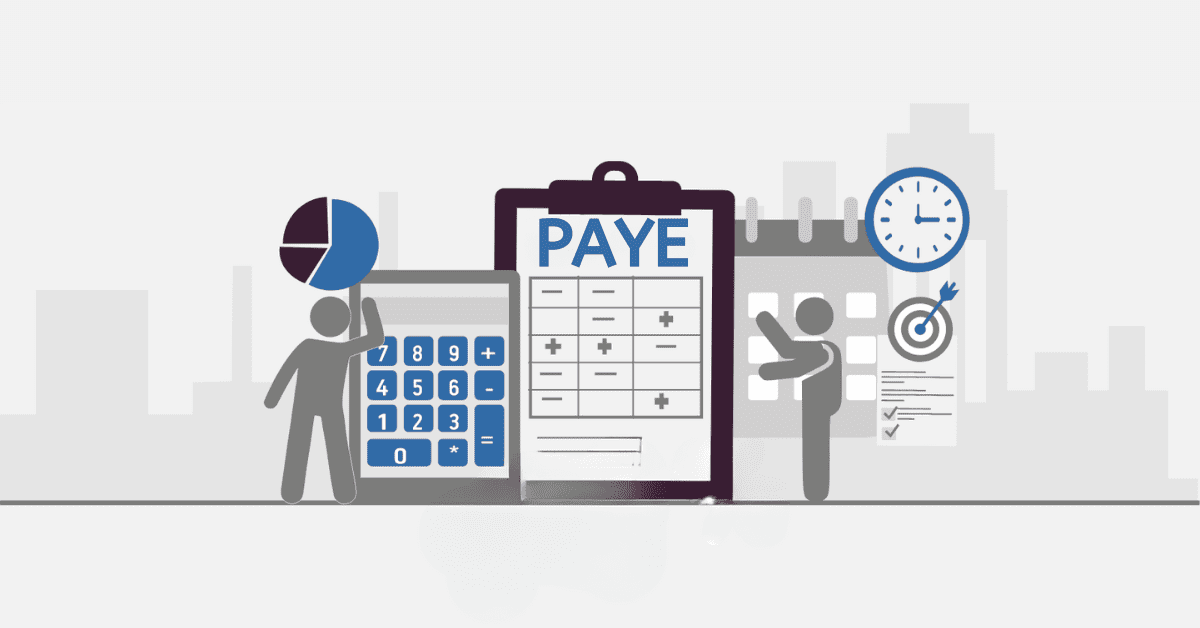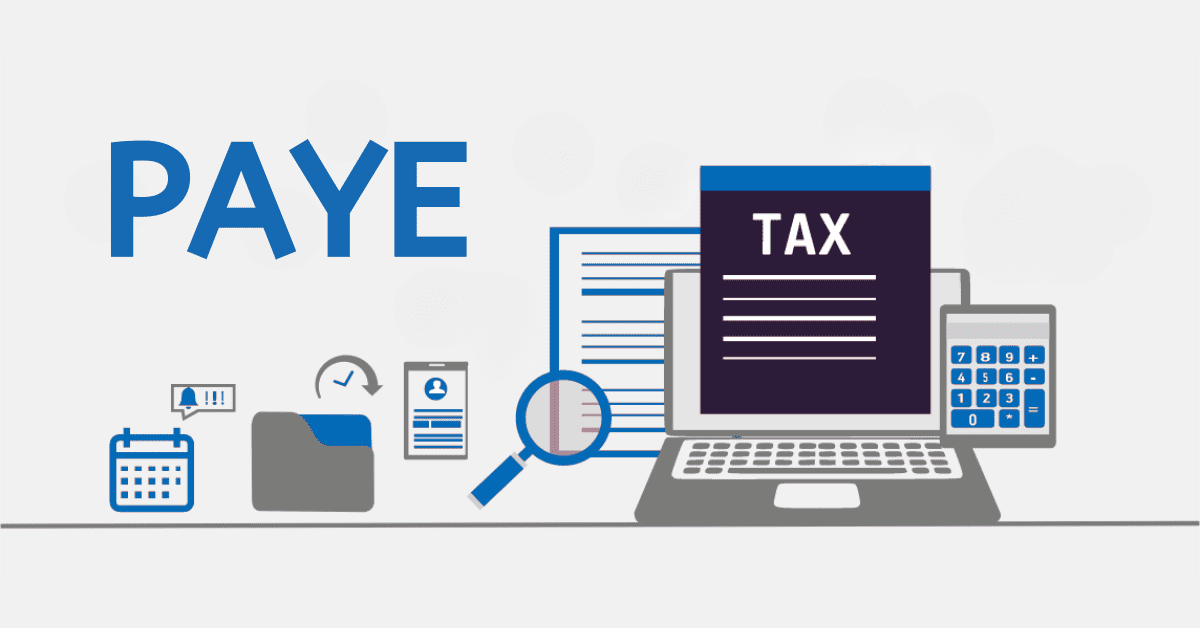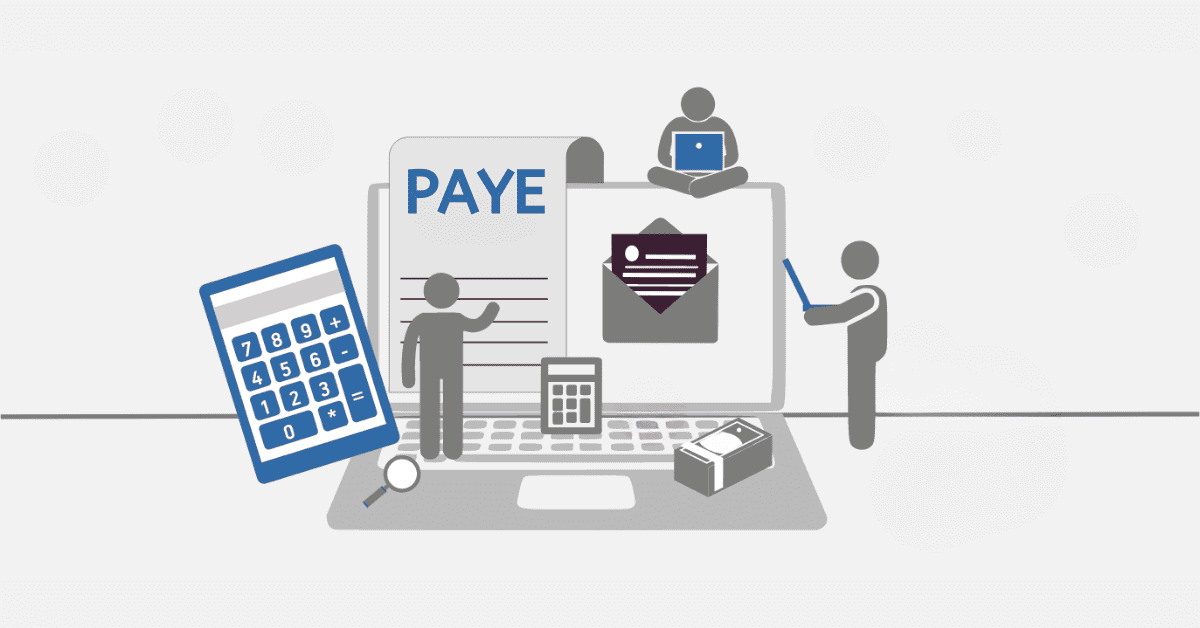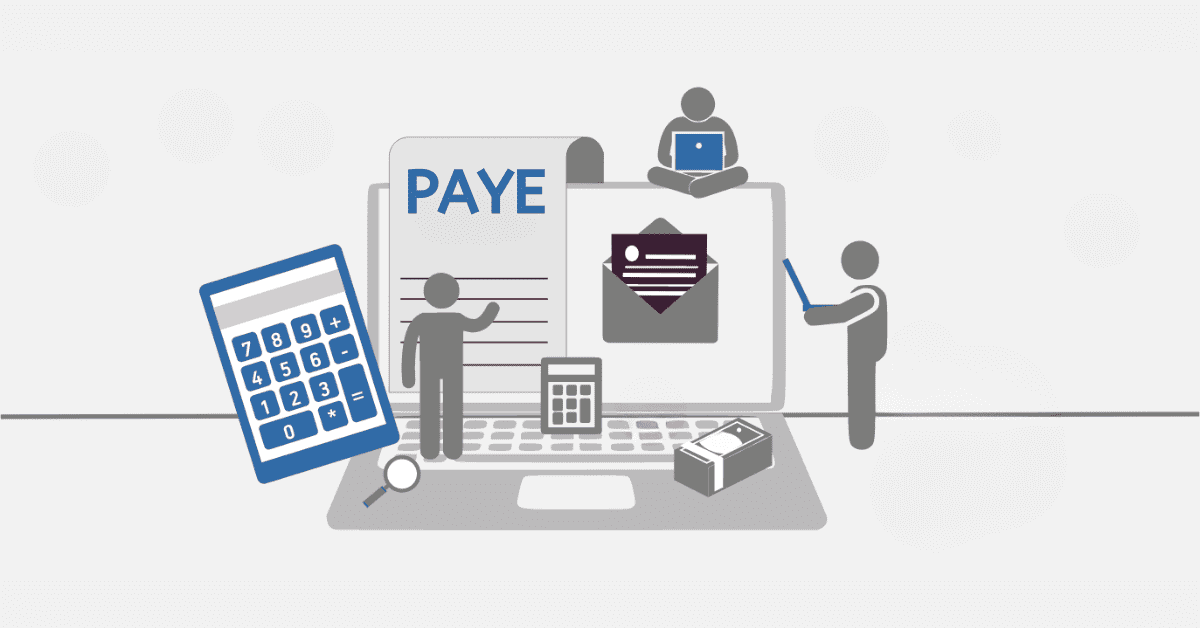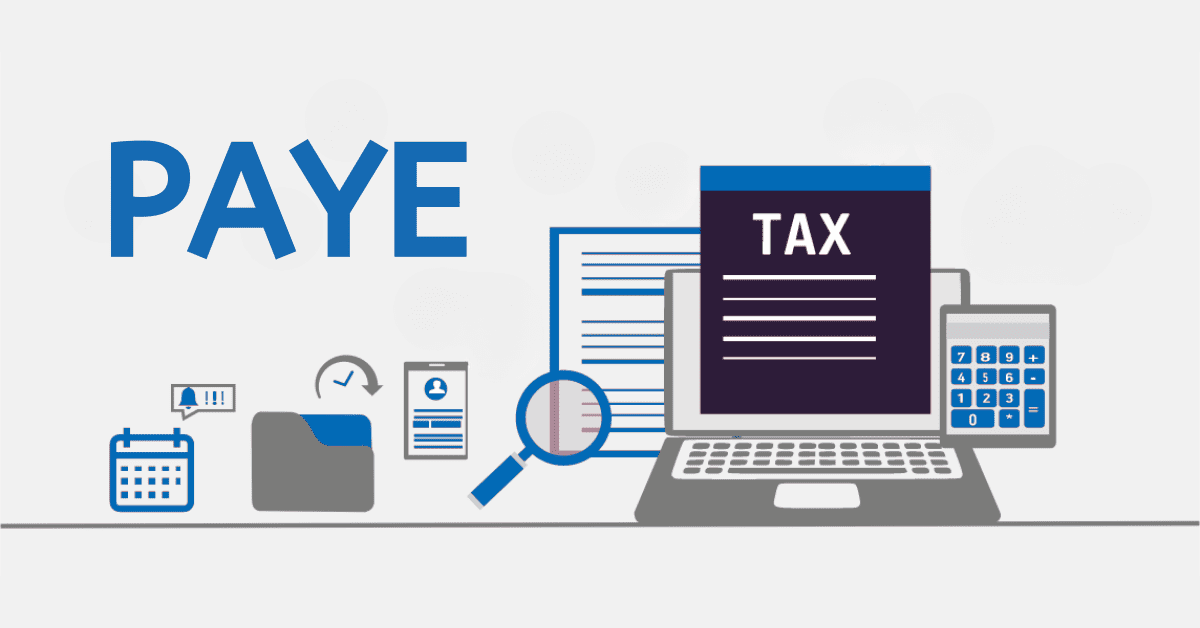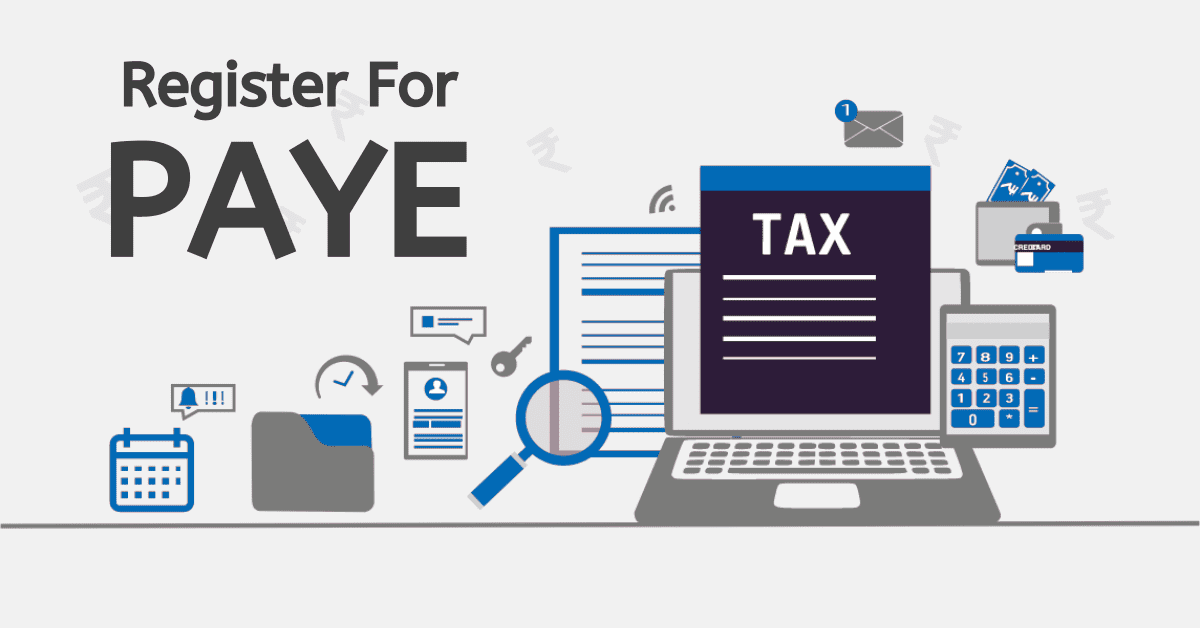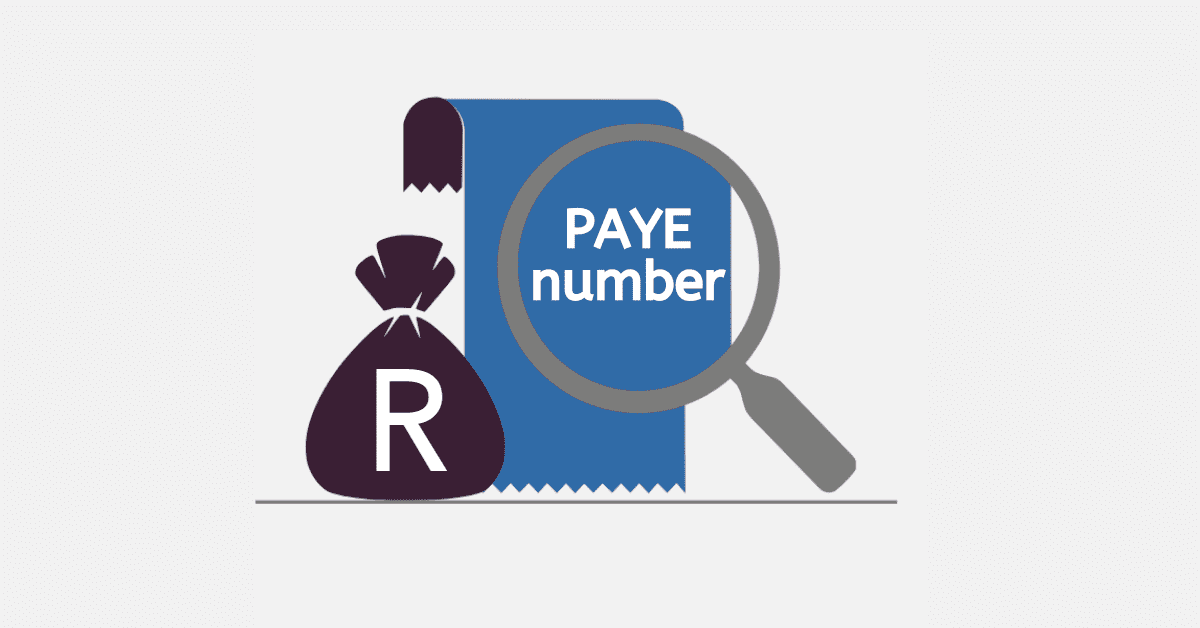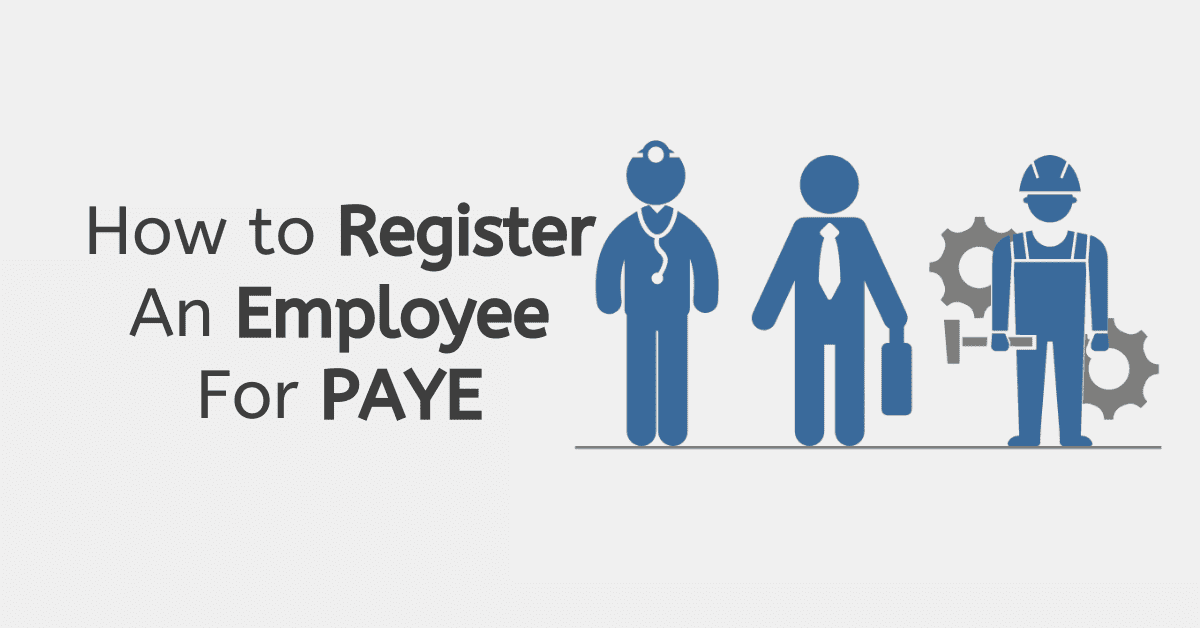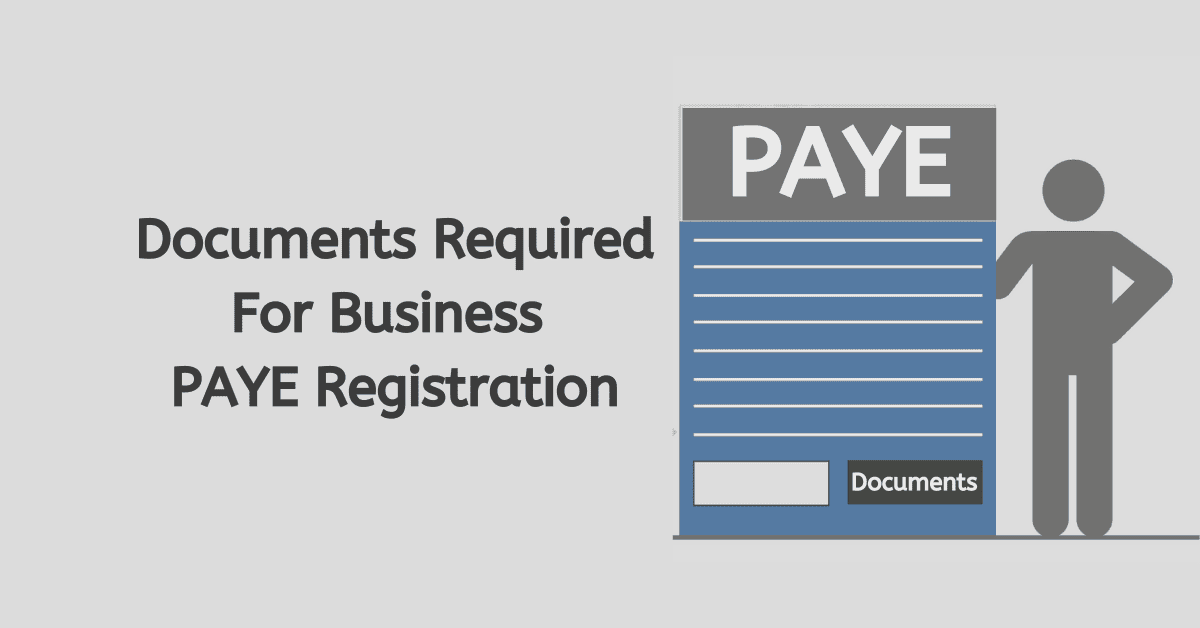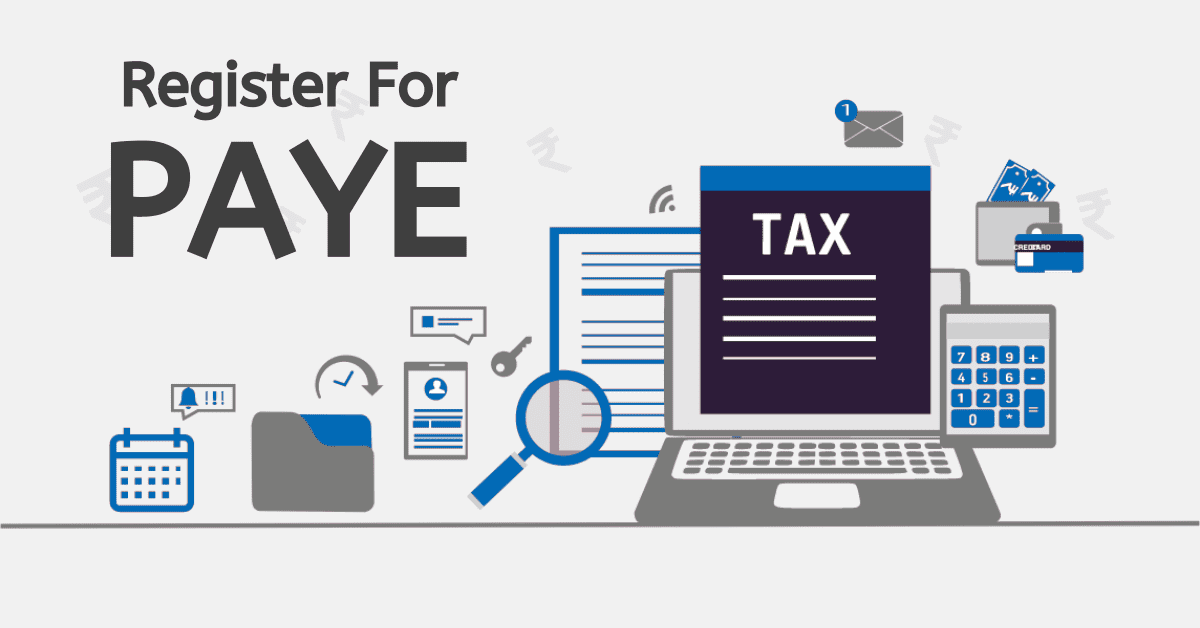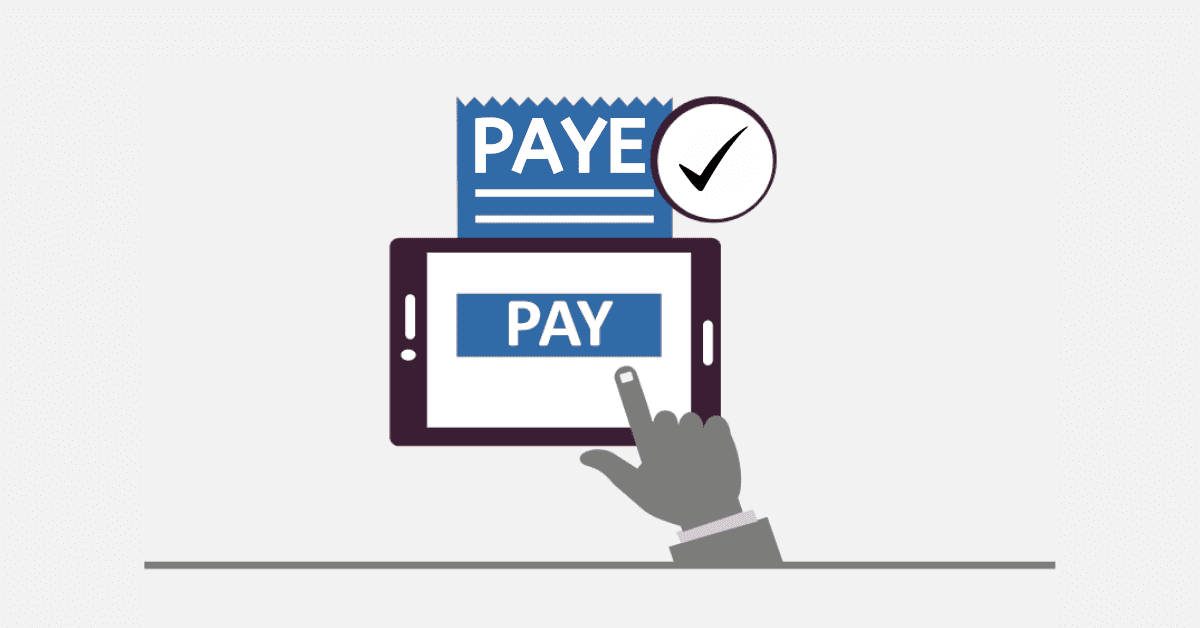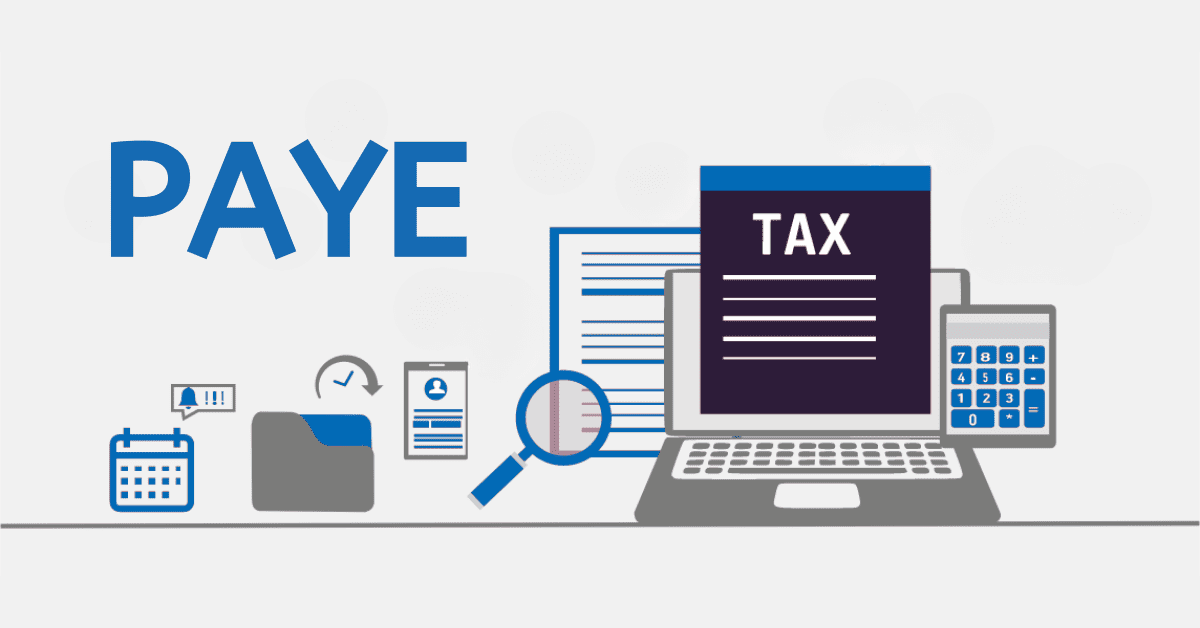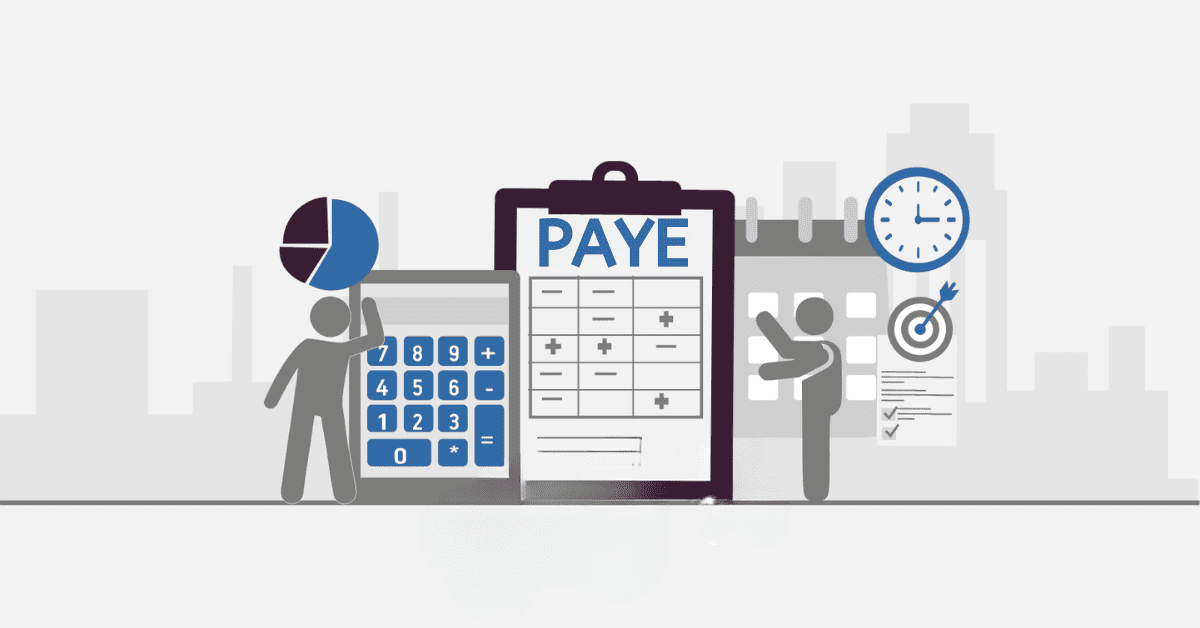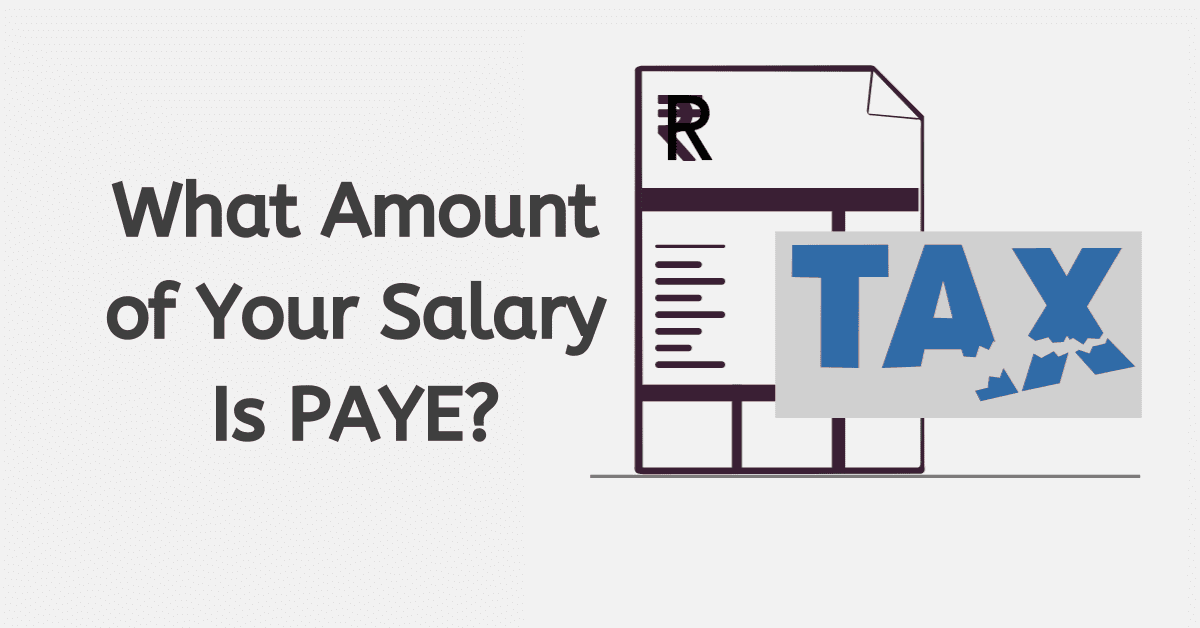In South Africa, PAYE arrears are essentially taxes that have not been and are mostly considered to be overdue. These taxes are deducted from employees’ salaries by their employers. Employers must deduct and send these taxes to the South African Revenue Service on behalf of their employees. If you fail to do so, you will end up with PAYE arrears.
To calculate arrears, you need to find the remaining amount by subtracting the payments made from the total PAYE liability. SARS uses different methods to deal with arrears, such as imposing penalties and charging interest on overdue amounts. Employers are strongly advised to promptly address any outstanding payments to avoid potential legal consequences and to ensure that they are in full compliance with the tax regulations of the country.
How to Calculate Arrears of PAYE Due In South Africa
Arrears, in the context of PAYE, are the unpaid taxes that occur when an employer does not deduct the correct amount of tax from an employee’s salary.
There are several reasons why this can happen, including administrative errors, incorrect tax codes, or miscalculations.
To calculate arrears, employers should thoroughly examine their payroll records and identify any cases where the accurate amount of tax was not deducted. This process entails comparing the amount of tax that was deducted with the amount of tax that should have been deducted, taking into account the employee’s income and the relevant tax rates.
Below is a simple way to help you determine and calculate PAYE arrears that are due.
- Get the employee’s payroll details, like their salary, bonuses, and any other taxable benefits.
- Confirm the tax brackets indicated and confirmed by SARS.
- To get the right PAYE amount, use the current tax tables and rates.
- Confirm and apply the interest rate, penalties and other charges on the PAYE that are due.
- (Interest rate / 100) times the number of days late – using this, you should be able to determine the amount that is due for payment.
- Apply rates and interest on the amount on all PAYE that are due.
What are the consequences of not paying PAYE?
When you try to evade the payment of PAYE, there are consequences that you can face as an employer. Although it may seem light in the eyes of many, there are punitive measures that can be taken. The consequences of not paying PAYE can be heavy and frustrating.
There is a law that requires SARS to impose a penalty equal to ten per cent of the unpaid PAYE. Also, depending on the case, you can be jailed for months while paying for the PAYE that is due, and huge fines. There will be ongoing penalties to recover all the PAYE payment that was not accounted for.
How is SARS code 4582 calculated?
The code 4582 is usually associated with allowances or fringe benefits. When someone mentions 80% or 20%, it indicates that a specific portion of this income is subject to taxation.
To better understand the calculation for someone earning an additional R50,000 under code 4582, let us give a typical example of the SARS code 4582.
If an employee gets an extra benefit of R50,000 under the code 4582.
According to the company’s policy, 80% of this amount is subject to taxes, while the remaining 20% is not taxable.
The total income reported under Code 4582 is:
An additional income of R50,000 and 80% of this amount is taxable.
The taxable amount is calculated by multiplying R50,000 by 80%, which equals R40,000. The remaining 20% is considered non-taxable.
The non-taxable amount of R50,000 multiplied by 20% equals R10,000.
In this scenario, if the employee earns an additional R50,000 under code 4582, R40,000 of that amount would be subject to taxes, while R10,000 would not be taxable.
What is the difference between IRP5 and it3a?
The technicalities in taxation in South Africa come from the internally generated codes. These codes always have an expatiated meaning that can be relevant to the taxpayer. It is always ideal to get a grasp of what these codes explain.
The purpose of an IRP5 is to keep a record of the taxes that are owed and deducted from your earnings. On the other hand, an IT3(a) is issued when there is no tax liability. An IRP5 is a document that shows the tax payments you have made, while an IT3(a) indicates that you were exempt from paying taxes during the specified period. These documents help make the tax reporting process easier.
